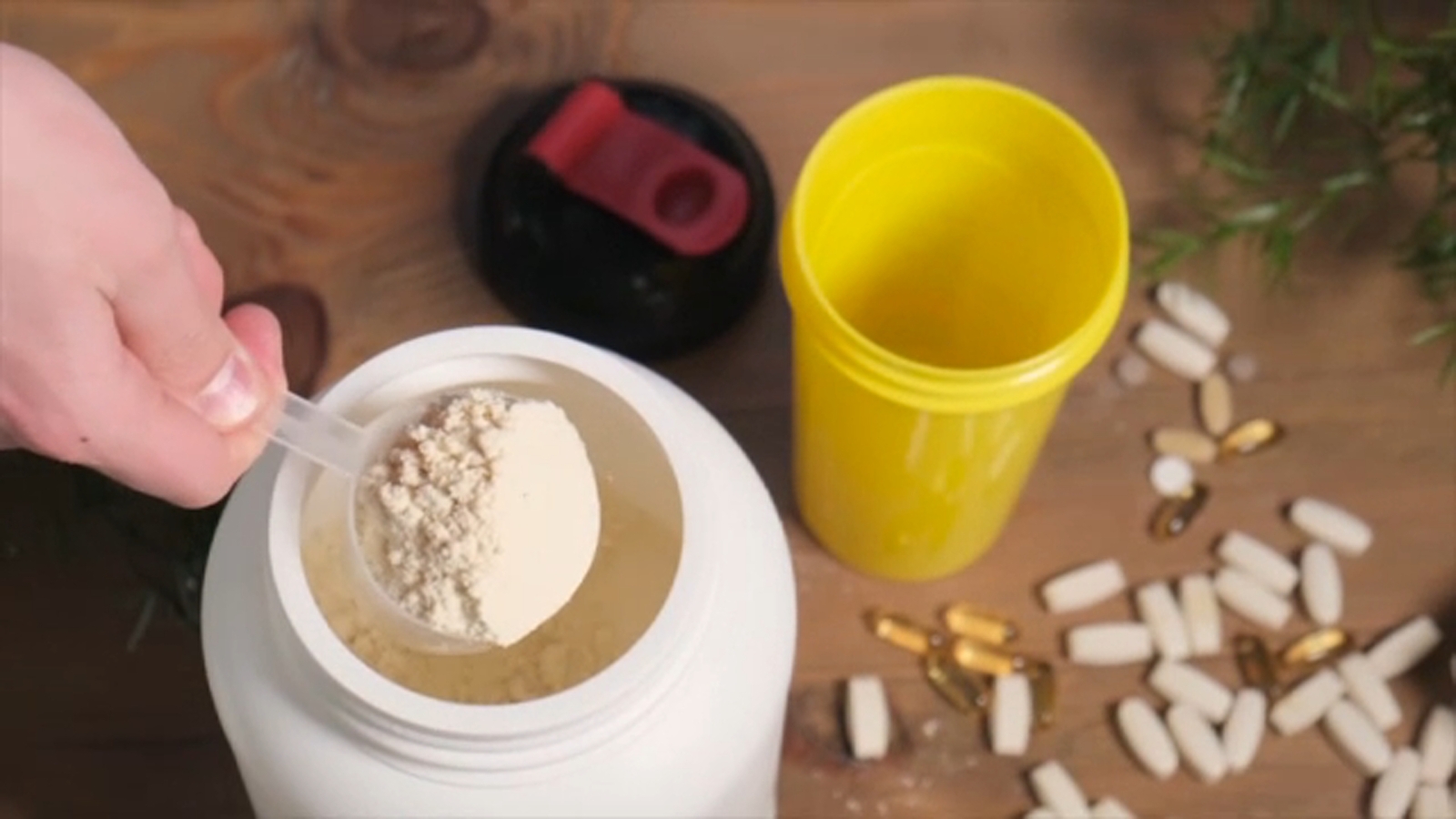Copyright KABC-TV

LOS ANGELES (KABC) -- From protein powders to protein Pop-Tarts, the popularity and marketing for high-protein diets is certainly on the rise. While medical professionals say the high-protein craze might not be for everyone, dieticians are offering some tips on how to hit your protein goals. Eating high protein emphasizes getting a larger percentage of your total daily calories from protein compared to the standard recommendations. "Protein does so many things," said Caroline Susie, a registered dietitian with the Academy of Nutrition and Dietetics. "We know it helps with muscle growth and skin and hair and all those things. Protein is a very satisfying macronutrient that can help you feel fuller longer." Elizabeth Meehan has been eating a high-protein diet for six years. She said her initial goal was to balance her gut health and lose fat after having kids, but she found even more benefits. "I had more energy, I was recovering better, I was sleeping better, everything was so much better when I chose high protein," she said. Experts recommend getting anywhere from 10% to 35% of your daily total calories from protein. The general rule is to multiply your weight in pounds times 0.36. For example, a 150-pound person would need about 54 grams of protein. That's equivalent to about a 7-ounce chicken breast. "That is everything I needed for this week's high protein meal plan," said Stefanie Birmingham, who documents her wellness journey on social media. She typically eats 160 to 170 grams of protein a day, which means about 35% of her daily calories are from protein. "It was really refreshing for them to say, 'Okay, a high-protein diet will help you in your fat loss goals, but it will also help you maintain the muscle that you're building," said Birmingham. Meantime, the popularity of protein products has exploded. They can be great tools to help you meet your protein goals but take a hard look at those nutrition labels. "Is it actually a lot of protein? Is this something that I should be putting in my body?" said Birmingham. Not all protein is equal. Reach for lean and plant-based sources. "Think lean meats, low-fat dairy, Greek yogurt, and then don't forget your lentils and beans," Susie said. Also, pair your protein with fiber, like fresh fruits, vegetables and whole grains. Of course, always consult your doctor before making any big dietary or lifestyle changes.



